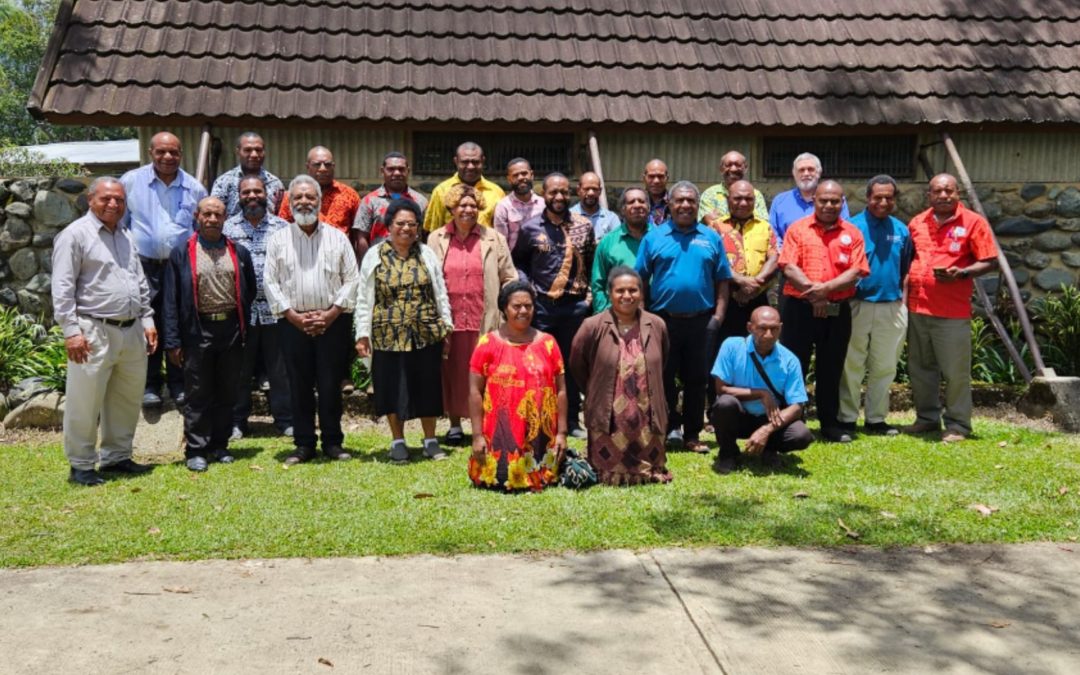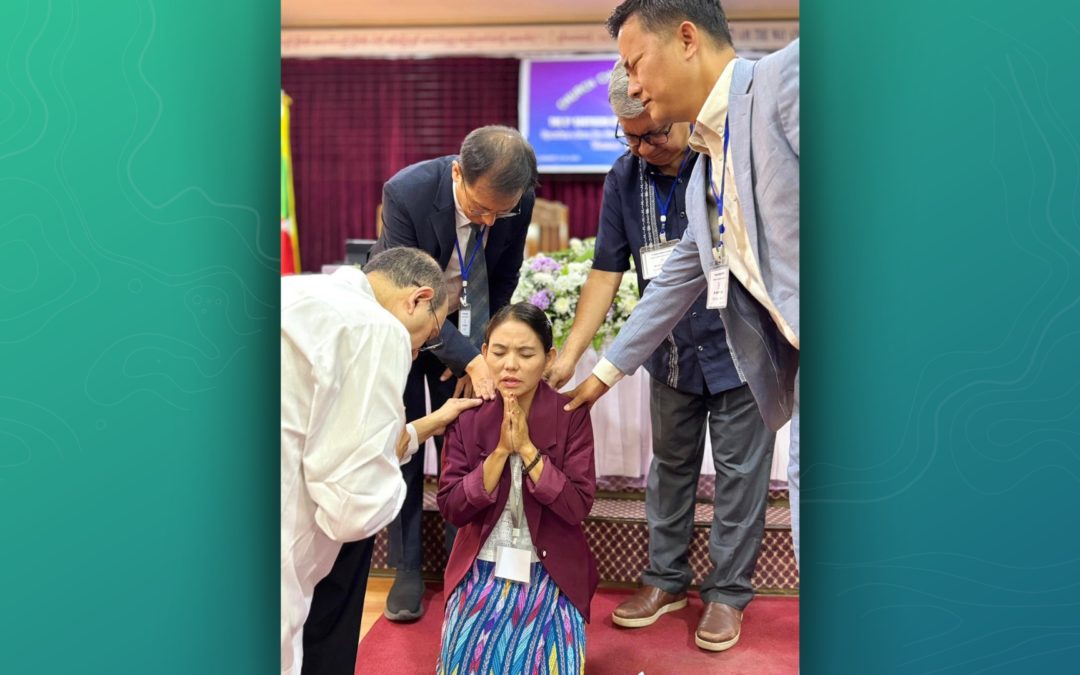
Context and Christological Language
Bruce G. Allder is a senior lecturer at Nazarene Theological College, Brisbane, Australia in Pastoral Theology and Ministry, and Director of the Culturally and Linguistically Diverse (CALD) program that reaches into the South Pacific with fully accredited undergraduate degrees.
The GTC 2018 gave the opportunity for different people to be heard. The main papers covered topics in similar ways, but they did contribute in unique ways. One topic was ‘social Gospel’ as an expression of the humanity of Christ. Fernandez spoke of the social Gospel in evangelical Latin America having a focus on the present times only. This had an emphasis on health, wealth and prosperity. Protestantism moved to a Fundamentalism to re-emphasize the spiritual aspects of the Christian faith. In contrast, the Western church interpreted the social Gospel as a way of moving from a non-material understanding of humankind and perhaps as a way of appeasing our conscience over the actions of those who claimed to be Christians.
Each presenter applied a different interpretive lens to Christology and asked different questions. This added a diversity of expression that was helpful. We had to listen well to our brothers and sisters. In my small group, I wondered what context prompted questions and comments because of this diversity. English words were spoken, but because of the variety of contexts within the group, I was aware of “hearing” our conversation differently from my brothers and sisters. For example, one member responding to this emphasis on the humanity of Christ claimed that more was needed from our Christology to be adequate for their context. From a personal history of suffering and injustice, they needed to hear also of the Victorious Jesus – a hope of a brighter future where injustice is confronted, and systems that oppress are demolished. While understanding that Christ suffers along with us (the humanity of Christ) is important, a Gospel of hope where Christ could be claimed as victorious over sin and death (the divinity of Christ) was better appreciated and needed. This was a humbling experience as I reflected on my privileged context as a well-educated male in an affluent society.
A uniform expression of theology (even as basic as our understanding of Christ) was not the product of the GTC. Rather there was a diverse expression of our theology that expresses our Christology for our time, in our place, in our circumstance. My responsibility is not to make excuses for my context. Rather it is to listen to my brothers and sisters and allow their stories to shape me into the Christ-follower I am called to be. My responsibility is to share my story so that it too can shape my brothers and sisters as Christ-followers – obedient, humble servants being transformed and transforming our cultures for God’s glory. My responsibility is to give fresh expression to our theology as it connects our stories to this place in this time. I now realize how true it is that God does not show favoritism but accepts from every nation one who fears him and does what is right. (Acts 10: 34,35)







